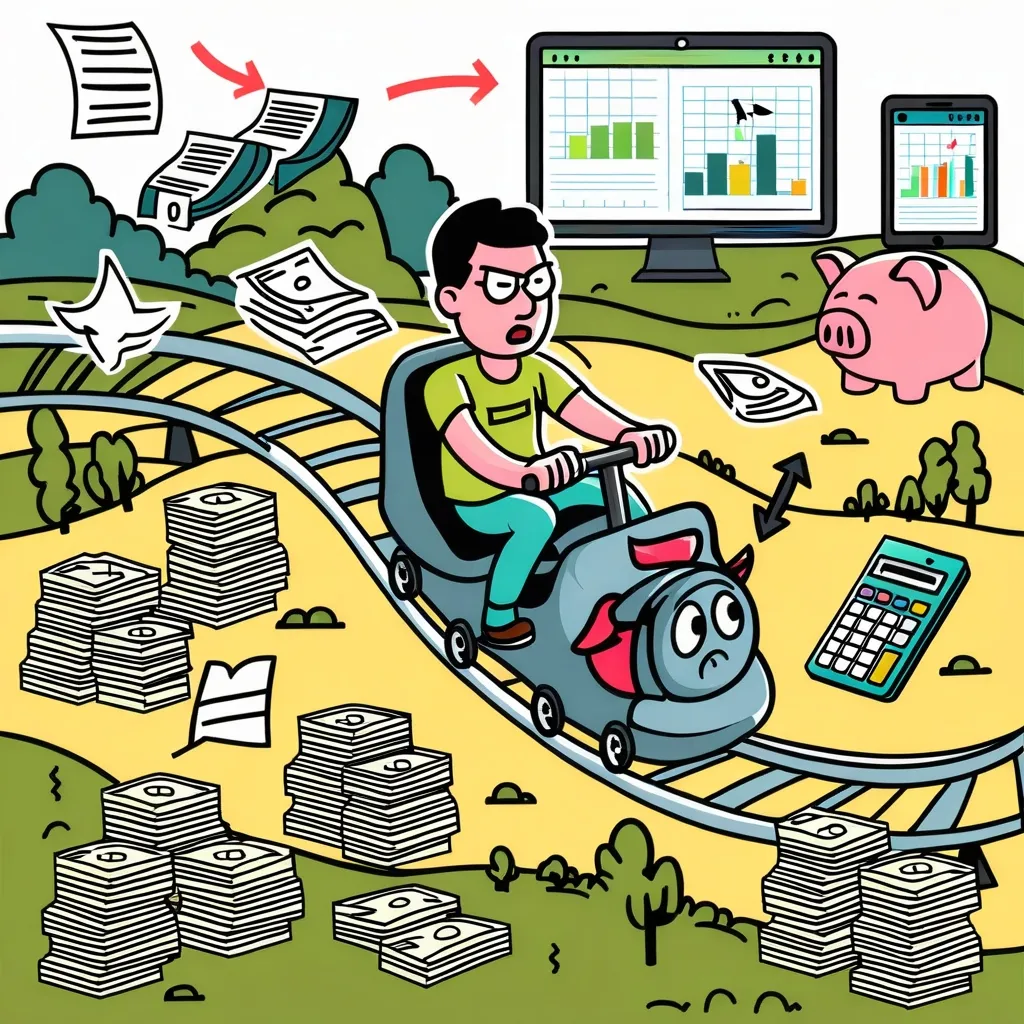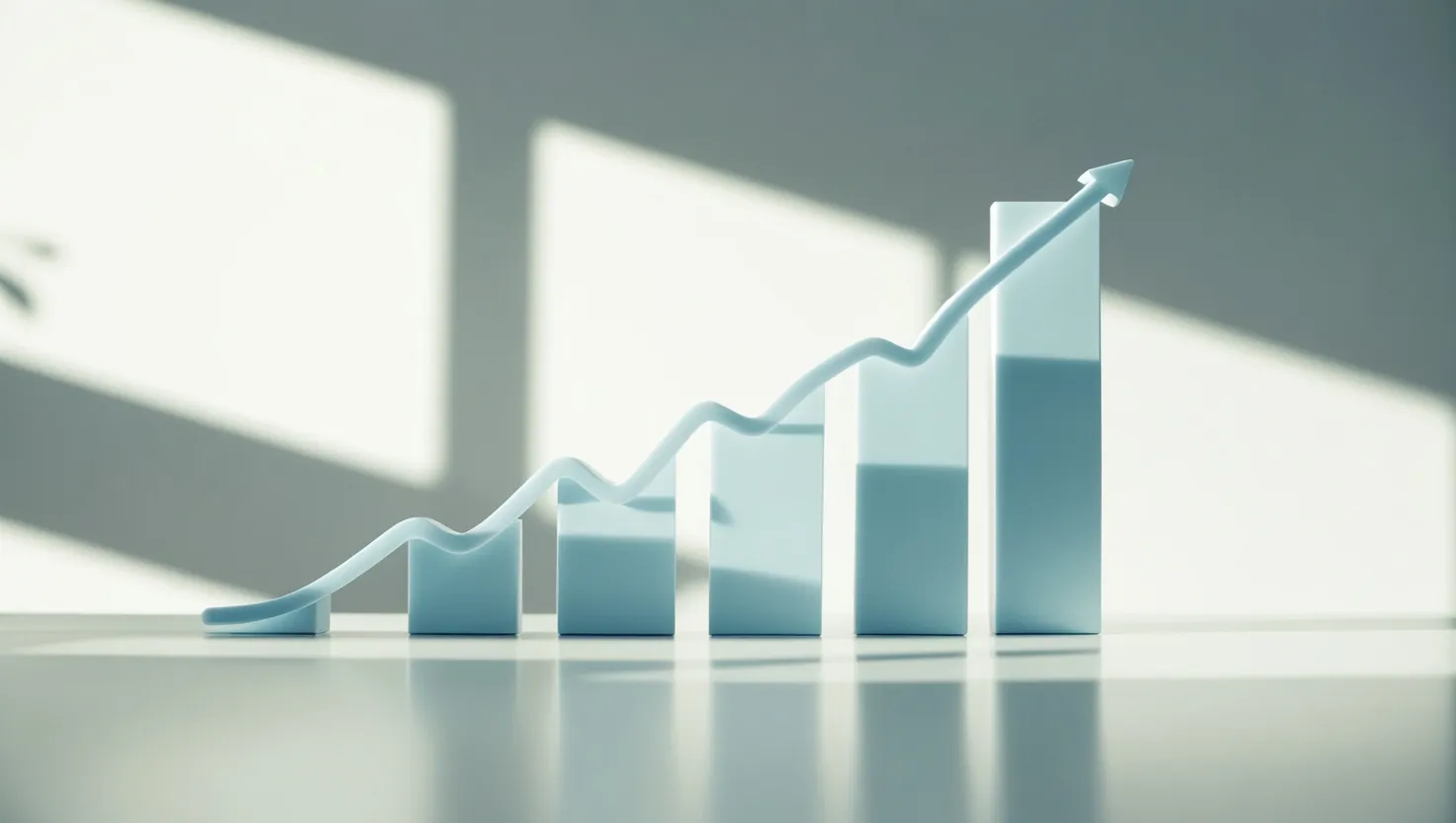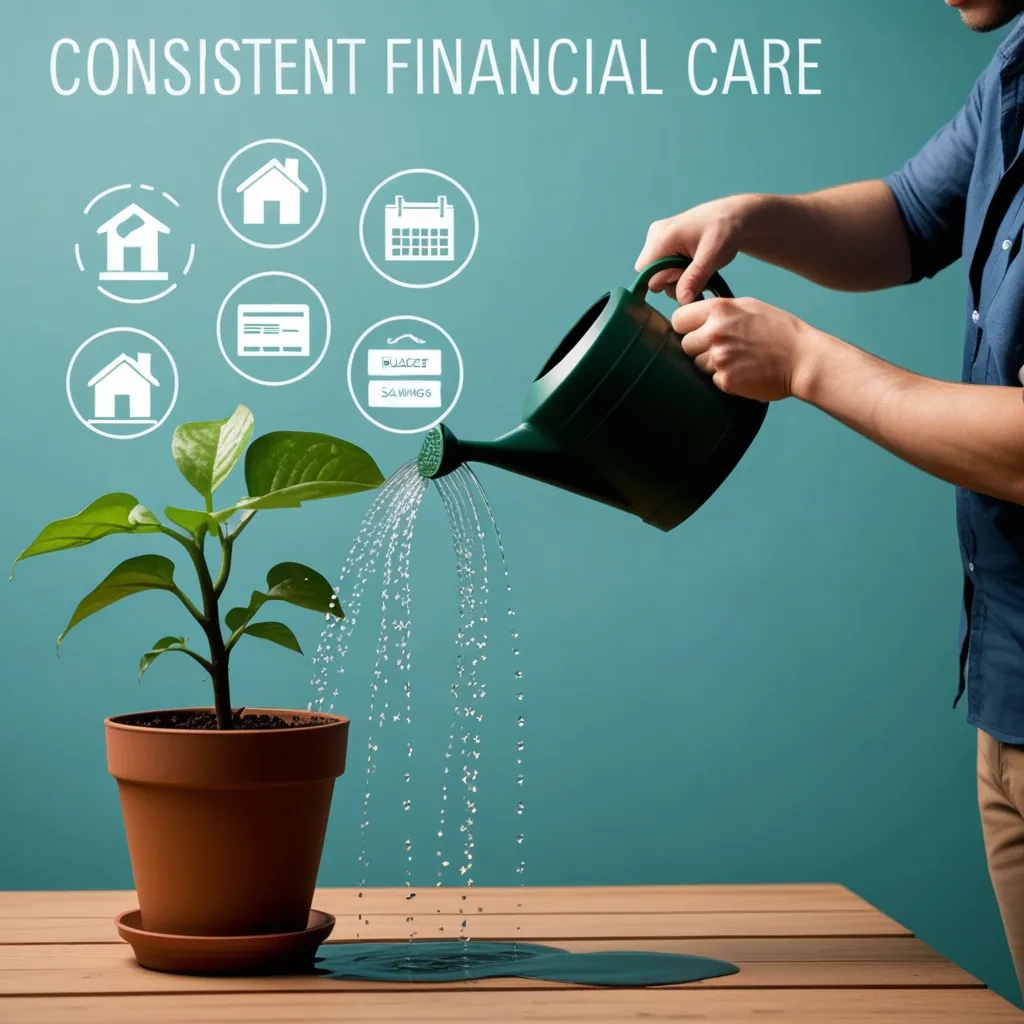Deciding between renting or buying a home is one of those big, life-changing decisions everyone faces at some point. It’s not just about the financials; it’s about how you want to live your life, what your future plans are, and what gives you peace of mind. Let’s dive into the ups and downs of both options to help you figure out what’s best for you.
Renting is super attractive if you’re all about flexibility. You’re not tied down to one spot, making it ideal if your job moves around or you just like the idea of trying new places. Plus, the upfront costs are way lower. Instead of saving up a huge down payment, which can honestly feel impossible at times, you’re looking at a security deposit and your first month’s rent. This lower financial hurdle is a big plus for many people.
Buying a home, in contrast, means coughing up a substantial amount of cash to get started. You’ve got the down payment, closing costs, and all those hidden expenses that pop up. But here’s the silver lining: owning a home can lead to some serious long-term financial gains. You build equity, and if you play your cards right, you might sell your home for a profit down the line.
One of the greatest perks about renting is having someone else take care of all those pesky maintenance chores. Something breaks? Call the landlord. This is awesome if DIY isn’t your thing or you just don’t want the hassle. Homeowners, on the other hand, are on the hook for everything from fixing a leaky faucet to replacing a roof. Sure, you have complete control over your space, but it comes with a price and a fair share of headaches.
Building equity is where buying a home really shines. Every mortgage payment you make means you own a bit more of your home. This can turn into a significant asset over time. You can tap into this equity for loans or even use it to fund other financial goals. Renters, sadly, don’t get this benefit. While you’re paying rent, that money essentially vanishes with no long-term return.
When you own a home, you get a sense of stability that renting just doesn’t offer. Your home is yours for as long as you want it to be. This can be particularly comforting for families who want to set down roots and build a community. Renters face a bit more uncertainty. Your landlord might decide to jack up the rent, sell the property, or worse, evict you. This kind of unpredictability can be tough, especially if you’ve grown attached to your neighborhood.
Tax season offers a little something extra for homeowners. Mortgage interest and property taxes are deductible, giving you some significant savings. When you sell your home, you might even be eligible for tax breaks on your profit. Renters miss out on these tax perks. Even if your rent covers some of the landlord’s costs, you can’t claim these expenses to offset your own taxes.
Your lifestyle plays a huge role in this choice too. If you’re at a point in life where moving around frequently is part of the plan, renting probably makes the most sense. It gives you that sweet mobility without locking you into a long-term commitment. But if you’re looking to plant roots and stay put for a while, buying offers both stability and a stronger sense of community.
Money always talks. Renting means lower upfront costs, but rent does tend to rise over time, potentially making it more expensive in the long run. Buying demands a significant initial investment, but you stand to gain financially through home equity and potential property appreciation. The flip side? Homeownership comes with ongoing bills—mortgage payments, property taxes, and maintenance. You need to be sure you’re in a financial position to handle these long-term costs.
In the end, the rent-vs-buy debate is all about your own situation, what you value most, and where you see yourself in the future. Ask yourself questions like:
- What can I afford monthly? Don’t just think about the rent or mortgage but utilities and other living expenses too.
- Am I ready to commit to a long-term investment? Staying in one place for several years might make buying a better option.
- How long do I plan to stay? If you’re planning to move soon, renting makes more sense.
- Do I want stability or flexibility? A nomadic lifestyle leans towards renting, while a settled life calls for buying.
- Am I up for handling home repairs and maintenance? If not, renting saves you that stress.
Weigh these factors carefully. Whether you end up renting or buying, it’s essential you know the full implications of your choice and make a decision that’s right for you.






